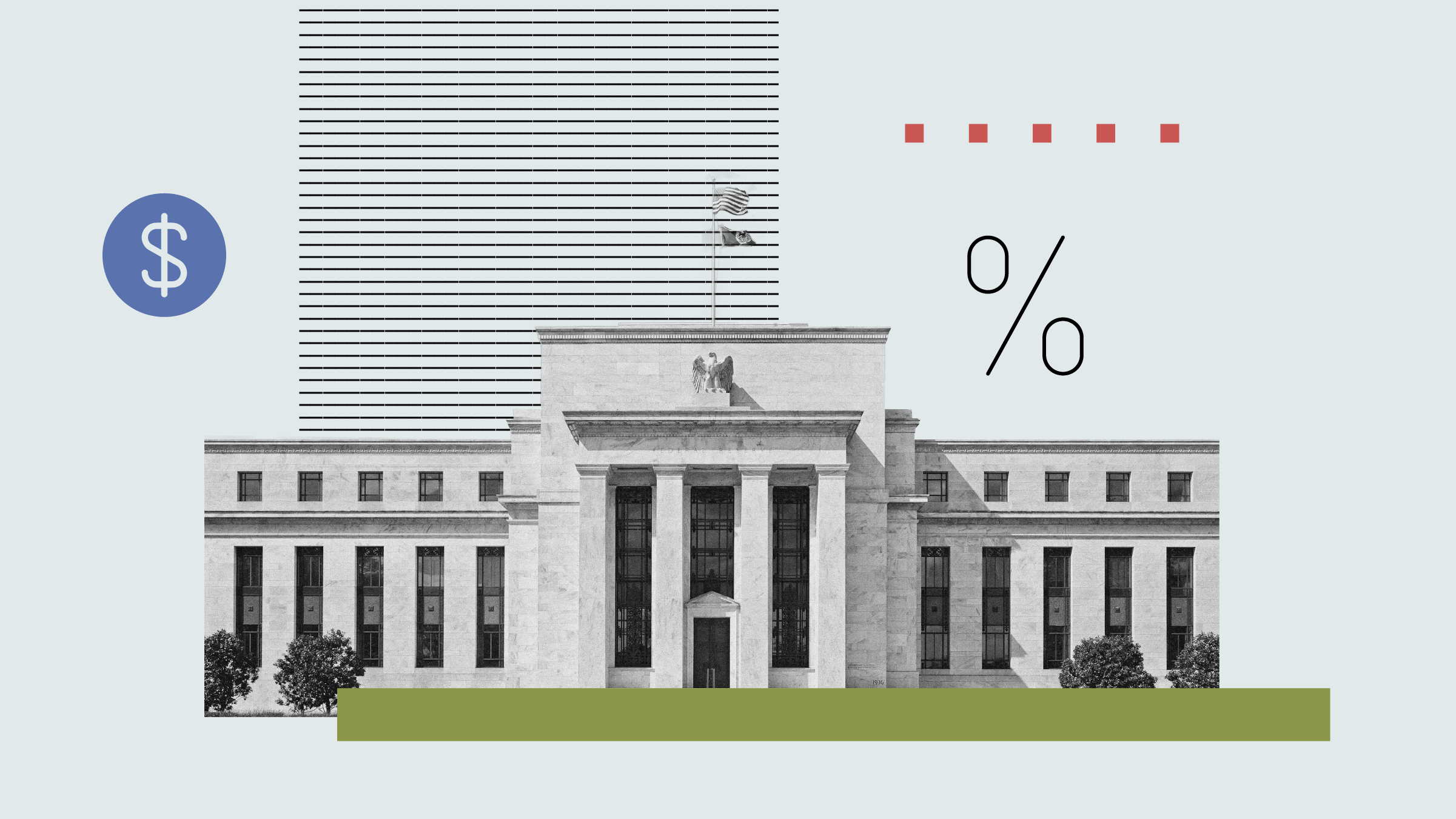Temple Bar (TMPL) has many appealing features, in our view. Firstly, it has an experienced manager in Alastair Mundy. He’s backed by a stable and well-resourced team that he has hand-picked over his 14 years at Investec—in that time, just one team member has left and that was for personal reasons rather than to join a competitor; we think this is testament to their collegial approach. The team members aren’t organised by sector, as Mundy prefers them to be generalists. Given their investment approach focuses on unloved companies, he believes this helps them avoid becoming overly negative on, or biased against, particular stocks.
This contrarian approach centres on long-term investment in cheap, out-of-favour companies in the belief that over time, these will be affected by mean-reversion. The team looks for stocks that have fallen at least 50% from their five-year peak, but that’s just the starting point as they then carry out extensive due diligence on those companies, to reach a fair value estimate. They look to see what the potential upside is and whether it can realistically be achieved. They buy stocks gradually and don’t get too hung up on timing—they see any further weakness in share price as an opportunity to top up. Positions are reduced when they reach the team’s fair value assessment, or when that fair value dips below the share price. It’s a process that Mundy has applied successfully for many years, although in 2008 he had to refine his screening criteria as he found he simply wasn’t contrarian enough, given the level to which the market fell.
Mundy’s application of the process over the years has been very successful. Not only has Temple Bar outperformed its Morningstar UK Large-Cap Value Equity Category peers by some considerable margin, Mundy has achieved this without taking excessive risk, despite the structural gearing that's in place through two fixed-term debentures and now a 15-year private placement note, too. At a gross level, the fund is geared to the tune of around 15%, but Mundy has been holding fixed-income securities since the market downturn in 2008 to dampen the fund’s volatility, as well as some cash, and this has been effective. It also means net gearing has been much lower, in the low-single digits or even net cash at times.
Dividends have been an important feature here; the board is committed to paying a rising dividend year on year and has met this commitment for the last 30 years. So this fund has particular appeal for those investors wanting regular—and dependable—income. What’s more, the fund is cheap. With total costs in the region of just 50 basis points, and no performance fee, this fund has a firm structural advantage over its category peers in this regard.
Overall, we think there’s much to like: a strong management team, with a proven process that has delivered excellent returns, at a very reasonable price. It is fully deserving of our Gold rating.






























